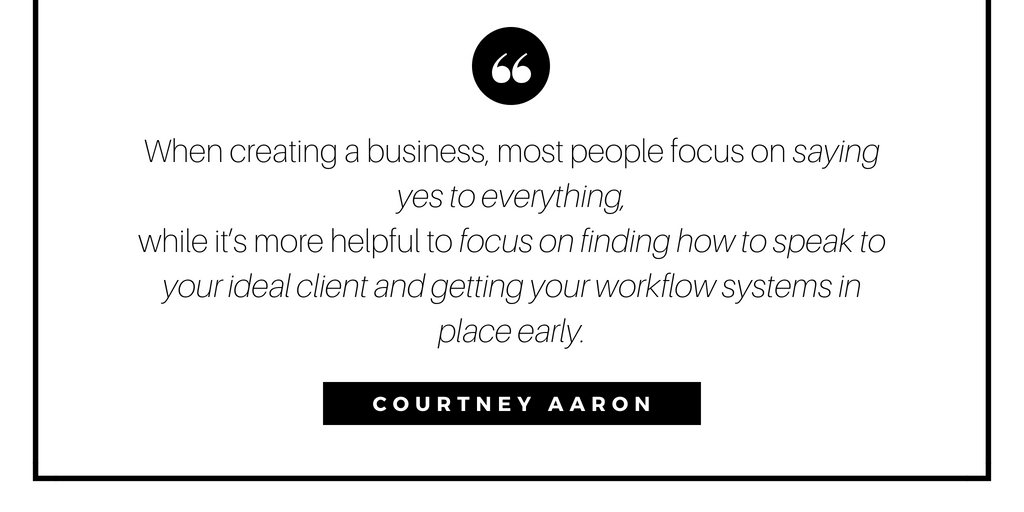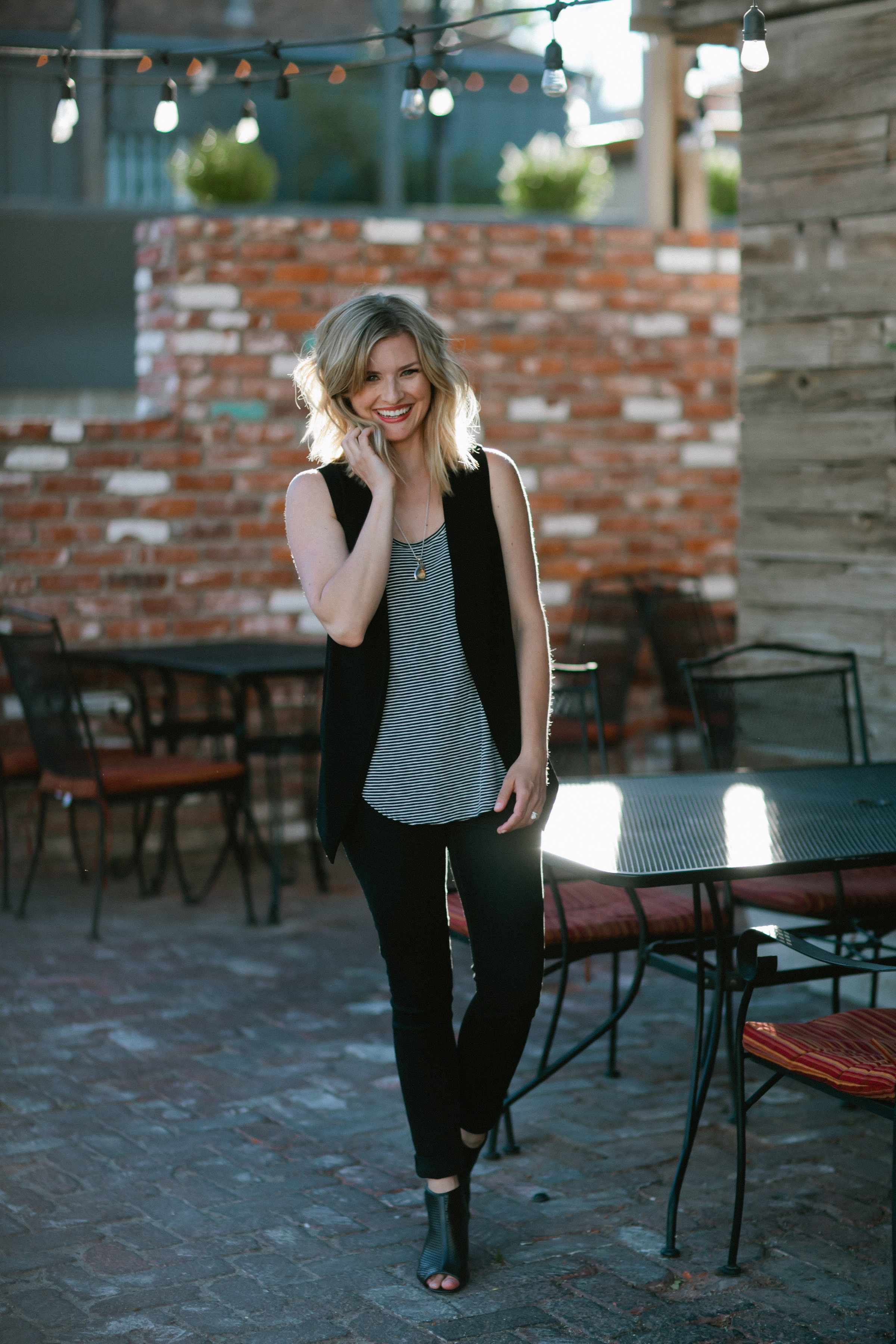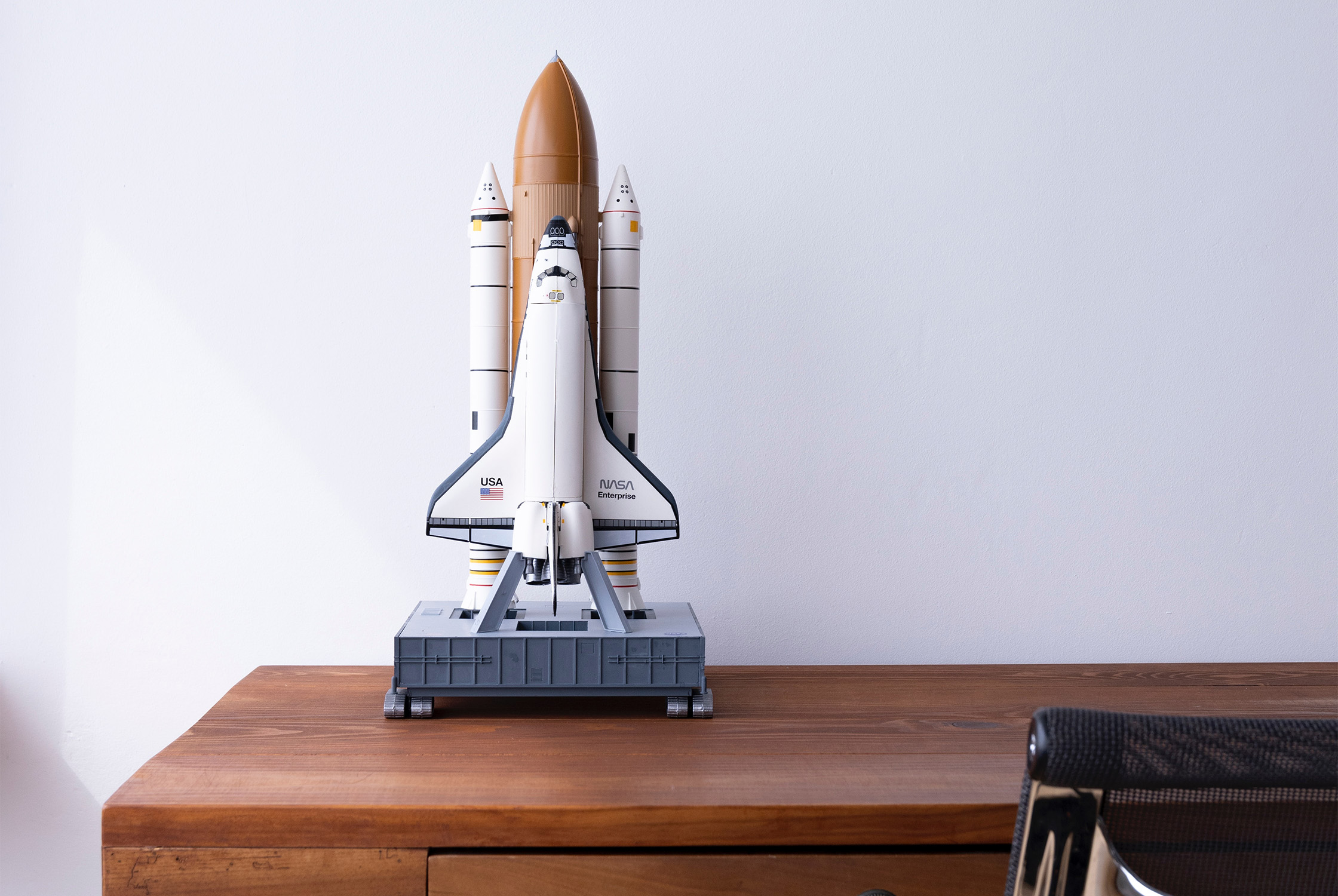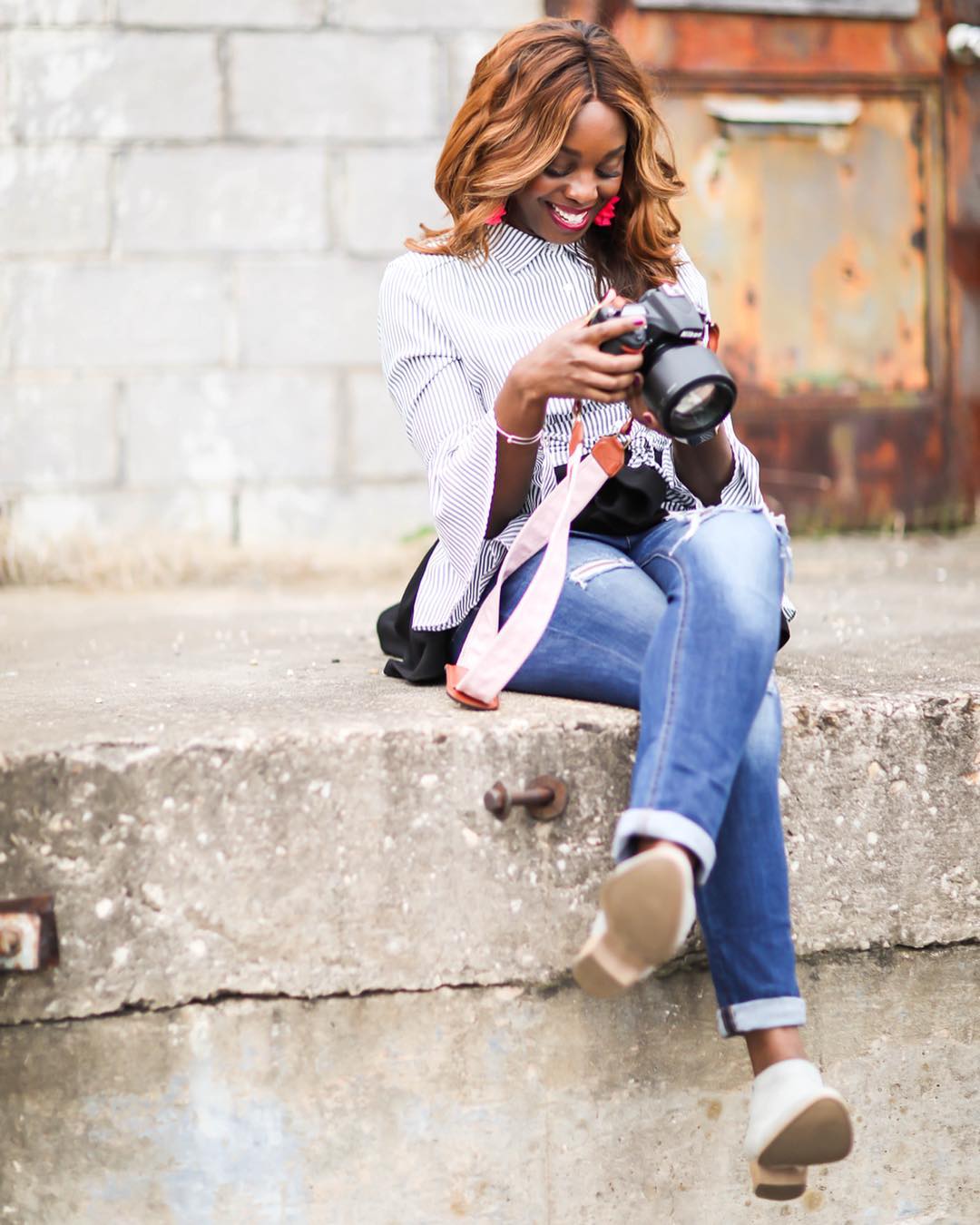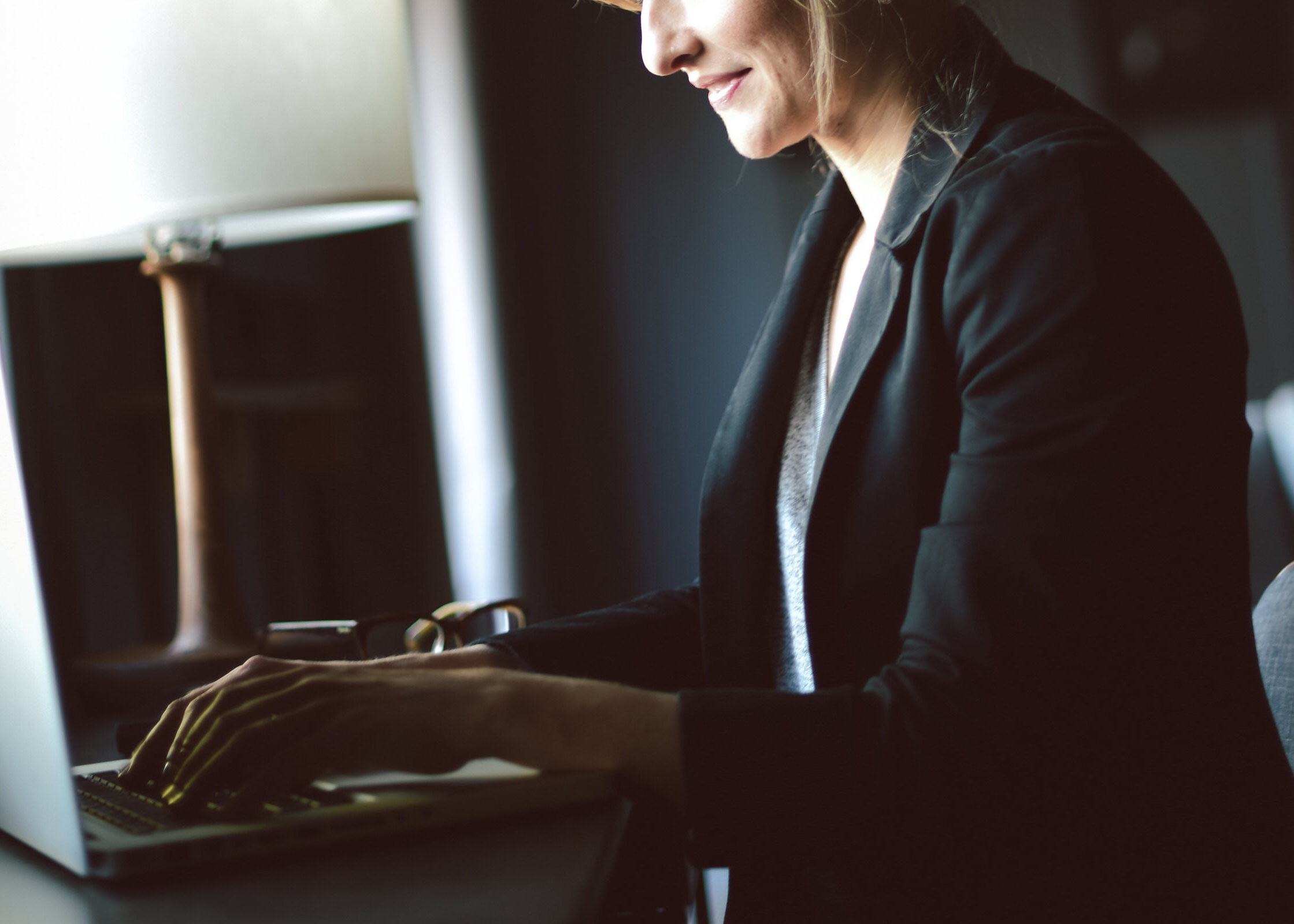
Building a Successful Wedding and Portrait Photography Business with Courtney Aaron
She didn't dream of being a photographer. Yes, she had always been artistic, but it didn't even occur to Courtney Aaron that photography could be anything but editorial. That was almost a decade and a half ago. Now Courtney has been building a successful wedding and portrait photography business for 12 years.
Over the years, she invested time over money, to learn code in order to launch her own DIY site. Consequently, we only learned of Courtney's amazing photography skills and business mind in 2017. Her customized Tonic Site Shop Design was included in our Spark Design Anthology. While you can see her work on her Showit Site at CourtneyAaron.com, we wanted to know more about the photographer behind those beautiful images. As well as, how she climbed over the hump of the first 5 years that most small businesses have trouble overcoming. From college graduation to now, Courtney shares how she not only “survived” the beginning growing pains of owning a wedding and portrait photography small business, but how she has built a successful photography business without sacrificing her life.
When did you first get the photography bug?
In 2004, I was sitting at my office job desk, and came across a wedding that Kelly Moore shot and that sparked my interest in this career. Arts were always my hobby but I never considered photography as a possibility because, besides editorial, there wasn't any other genre that interested me. I didn't want to grind through the commercial/editorial route of the time (mind you this is pre-Instagram, and Facebook was just gaining steam). The general style was so traditional still for portraits and weddings, but the wedding images from Kelly Moore's wedding told such a beautiful story and sucked me right in and I thought,” Yes! I could shoot weddings if I can shoot them like this!”
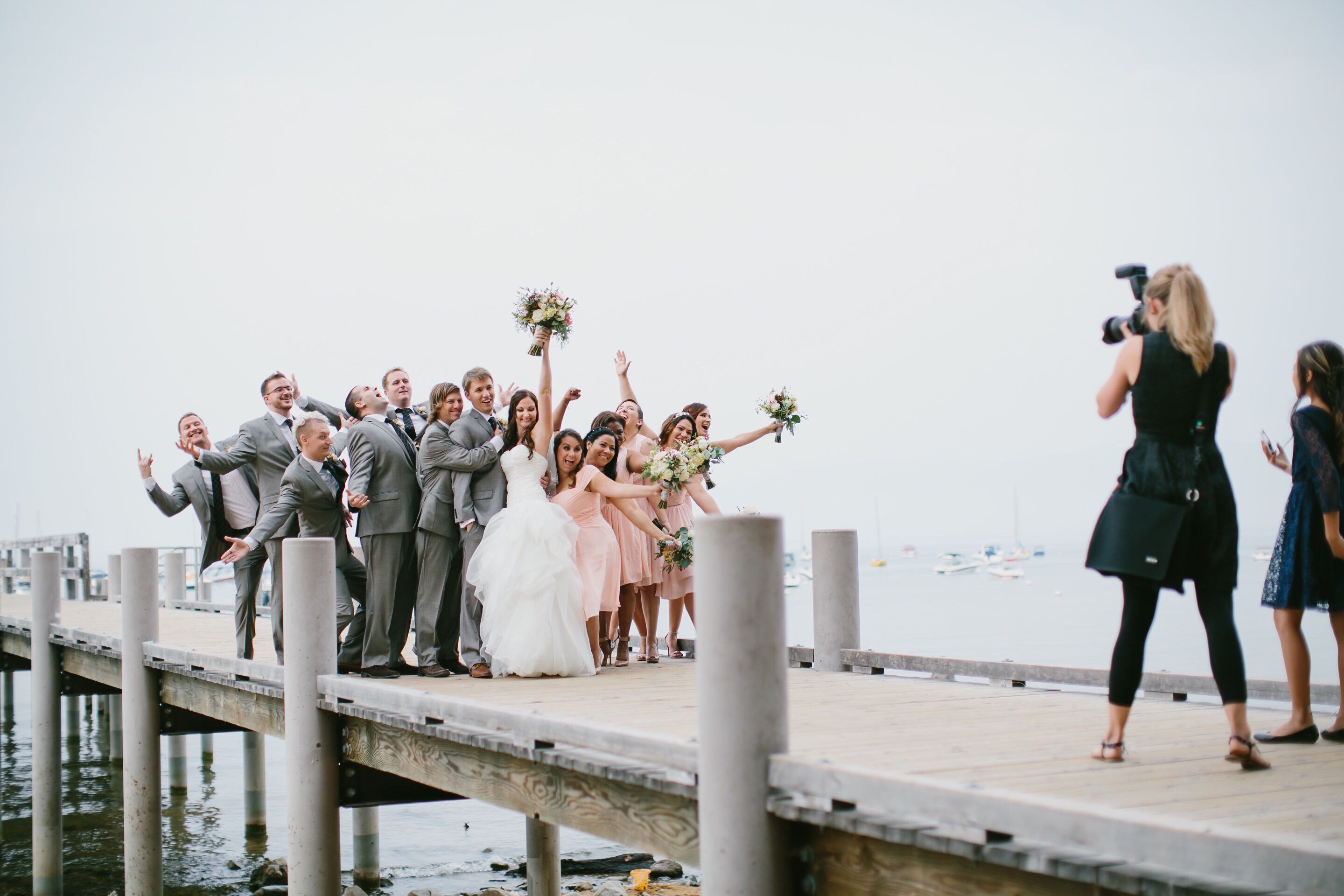
Despite having graduated with honors in Economics from Penn State University, the job that really prepared Courtney Aaron for her career as a creative was that of a…waitress.
So, you got your start even before Social Media really took off! How?
Funny enough, the one thing that prepared me the most for being a photographer was waiting tables, which I did on and off for eight years. Being able to accommodate all personality types, make everyone feel comfortable and taken care of while learning all angles of customer service is, by far, the most valuable asset you can bring to your photography business. Anyone can learn how to shoot a camera, but working with people for weddings and portraits is a whole different ballgame than just clicking the shutter.”
During the two years of ‘start up,” I kept my job serving tables, built my portfolio and talked up my photography business with whoever was interested. It's amazing how much business you can get just by bringing it up in conversation. Everyone needs images for something. I feel like Instagram has helped so much with newbies these days, but in-person word of mouth will always reign supreme in my book of building a local business (although talk is cheap when your business can't back it up- so get the back-end in shape!).
How do you keep the momentum (and money) flowing after you take the leap to full-time?
Whatever money I made from shoots went right into building my business which was mainly buying the gear, computer, software, and a website. Once I was making enough through photography, I went full time and business doubled each year after.
Making the jump to full-time can be scary because the world of freelance can be uncertain. I wasn't prepared for the ‘seasons” of this job, so I said yes to everything in fear of there not being enough work later. In hindsight, it helped me understand how much is too much and avoid burnout. It also helped me to realize to embrace the slow seasons, and live life outside of my business during the winter slow season.
If you're struggling to juggle everything, simplify. It sounds easier said than done but how else will you get focused when you're spread too thin? Cut out some fat and re-focus on your goals. Set a timeline for yourself. Why aren't you able to go full time yet? If you can't afford to take the leap, assess why.
Also, keep you mentors to a minimum. At one point, I was on so many email lists I wanted to delete my email address. I picked 3 people who were totally in line with where I was, and where I wanted to be, and got off every other email list. Now I get the messages I need to hear without feeling like there is so much to learn and no time to learn it.
If you could give one piece of advice to a new photographer, what would you tell them?
Get your systems in place and set parameters for yourself. It sounds so lecture-like but now, after 12 years, I see so much importance on setting boundaries as a freelancer and business owner. I was drawn to the flexibility of this career, but it's a double edged sword when you have all the time in the world to work. You will work every waking hour if you can. I did. I love being a photographer, I thought it was the greatest job in the world because of it's flexibility. But I was working more than I was living, not necessarily making more money either, and it took me having a baby to realize how stupid I was being. Editing, emails, billing, planning, etc. will consume you if you let it. Having a schedule and sticking to it will not only help your efficiency, but increase your bottom line since your non-billable hours can get out of hand when your not accounting for them.
Working/Editing all hours of the night can only last so long until you realize it's ridiculous and not sustainable… or ….you have kids and there simply is no more time for that. Ideally, you can outsource the items that suck up too much time for you directly and free up that time to spend doing income producing aspects of your business.
I think I have the best job in the world, but if you're treating it as a hobby that makes money, that's all it will be. Shifting my focus to being smart in business practices, made a huge difference. I often imagine if I had a boss to answer to and I'm less soft in my practices. Would I work 16 hour days for 3 hour pay for my pretend boss? Would my pretend boss be happy if I gave price cuts for their business? Would my pretend boss be happy if I showed up at random hours to cram in work? I love being my own boss but at the same time, I wasn't treating this like a profitable business. By being more strict in my business mission, I now have even more flexibility when it comes to pro bono work for charity and giving back. Before, I had to turn down so much charity work because I didn't have the time which absolutely killed me. Now, it's a win all around and portions of my profits go to charity as well.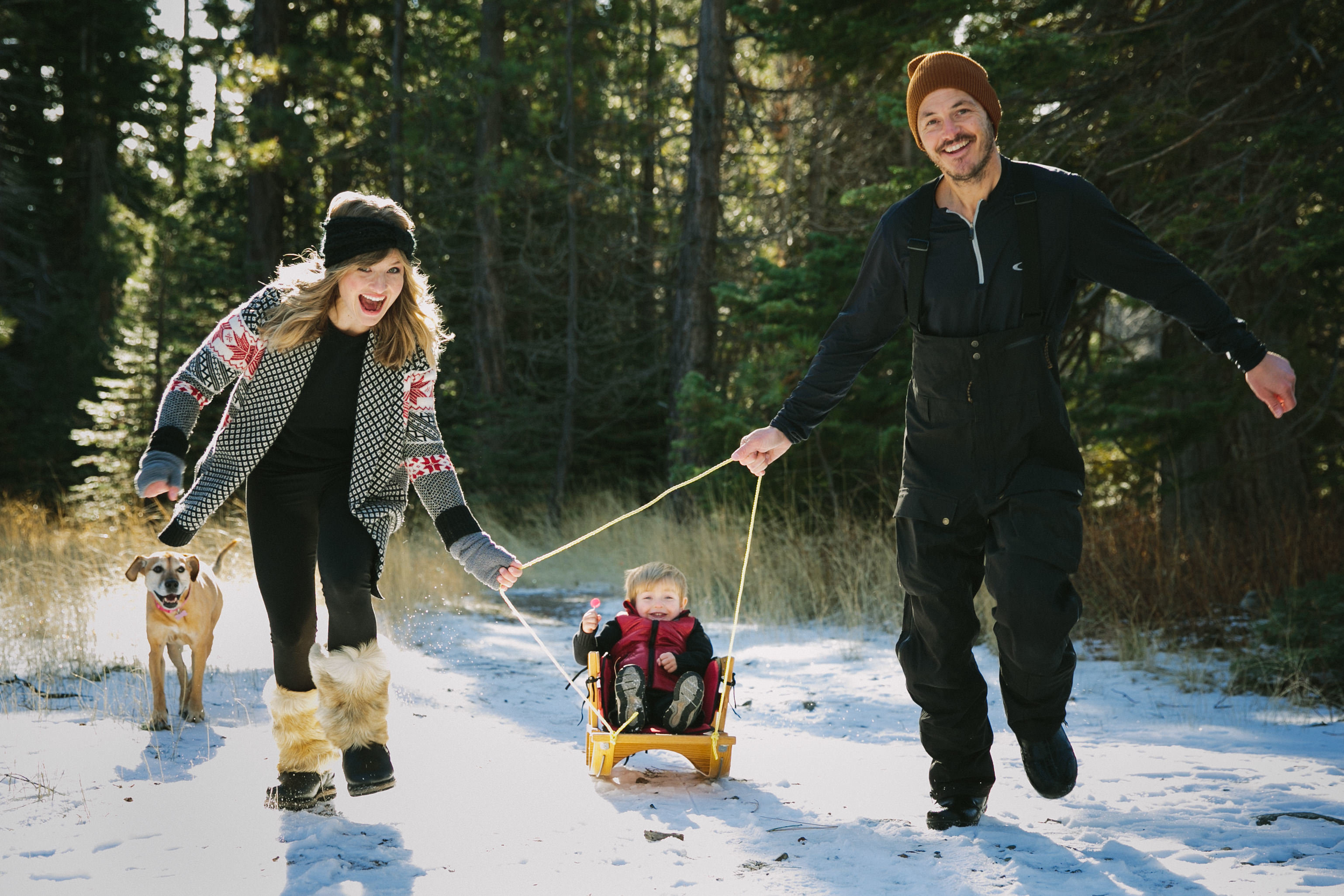
Who are some artist that inspire you that other's might want to look into?
Legends like Rodney Smith, Bill Cunningham, Eugene Smith, and Saul Leiter take me to another world with their work. I love urban street photography and while I live in the mountains, shooting in the city makes my eyes so happy! Modern day favorites are Cig Harvey, Roland Bello and gosh, too many great ones out there to mention!
Are there any creatives that influenced you? How did they influence your thinking, photographing, and career path?
As for wedding and portrait photography influencers along the way, I found comfort in those that gave me permission to shoot the way I wanted to deep down. I'm a people pleaser by nature, and balancing that with developing my own way to shoot was a tricky path. Between 2009-2012 I was familiar with so many photographers. Going to conferences and workshops where I would hear Jonas Peterson, Justin and Mary Marantz, Jesh De Rox, Sue Bryce, and Joel Flory and many others speak about their vastly different approaches helped me in all areas of forming my style, my approach, and my business workflow.
I took a break from scouring through others work because I felt like there were so many new photographers mimicking the influencers and all the work started to look the same. Wanting to follow what felt good to me and my clients and quit focusing on approval from the internet became important. I focused more on printed media, and images that I wasn't consuming online and forgetting about soon after. It was easier to digest this way and remember what I liked so much from paper over a computer screen.
Now, I mainly look at the work of photographers I know personally and cheer them on. Positivity attracts positivity and I've met so many good-natured and talented humans along the way!
Which creatives influenced you or your business?
Other creative business influencers include Jenna Kutcher, for helping me understand the importance of putting my face and my thoughts out there more. Her first few podcasts slapped me across the face so many times, and woke me up to hiding behind my work. With saturated markets everywhere, the only thing differentiating you from the next photographer is…. you. I'm still working on this, but it's so important for people to get a sense of who they're working with as well as the pretty pictures you take. Through her, I found my copywriter, Ashlyn Carter, who took my personality and painted it on every corner of my website. I love her teachings and point everyone struggling with web copy her way. She's a copywriting magician!
If you have enjoyed learning more about Courtney Aaron and her road to having a successful and balanced wedding and portrait photography business, you will love following her on Instagram! To see a beautifully curated portfolio, check out her online home at CourtneyAaron.com . And if Courtney has inspired you to share your road to following your creative path, we would love if you shared your story with everyone by submitting your story here.
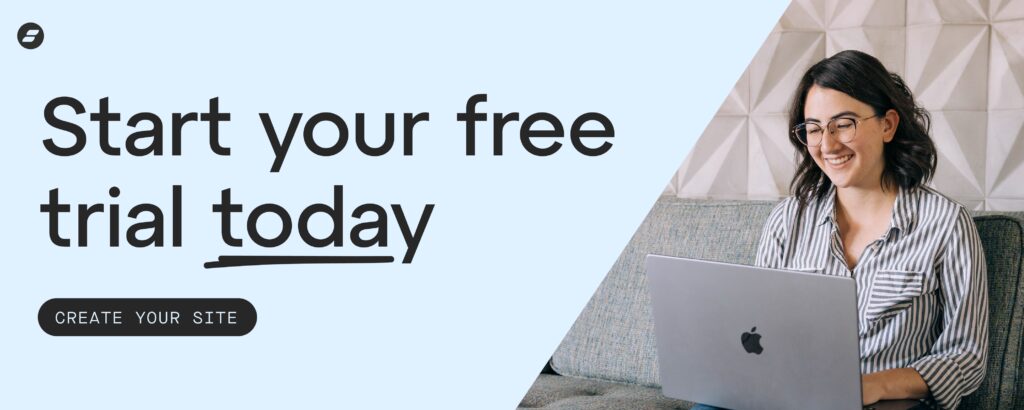
Casandra is a born and bred East Coaster who finds herself braving the heat of the Valley of the Sun with her husband and three cute kids all for the love of Showit.
Start Your Free Trial
(Free for 14 days)
No credit card required
